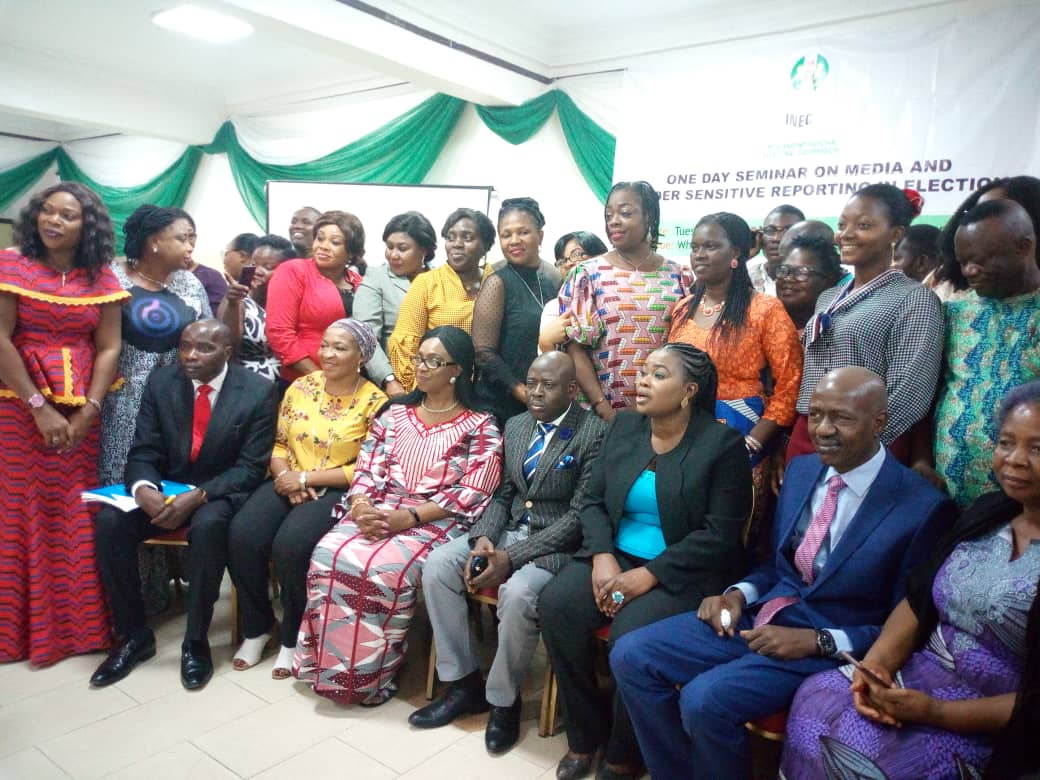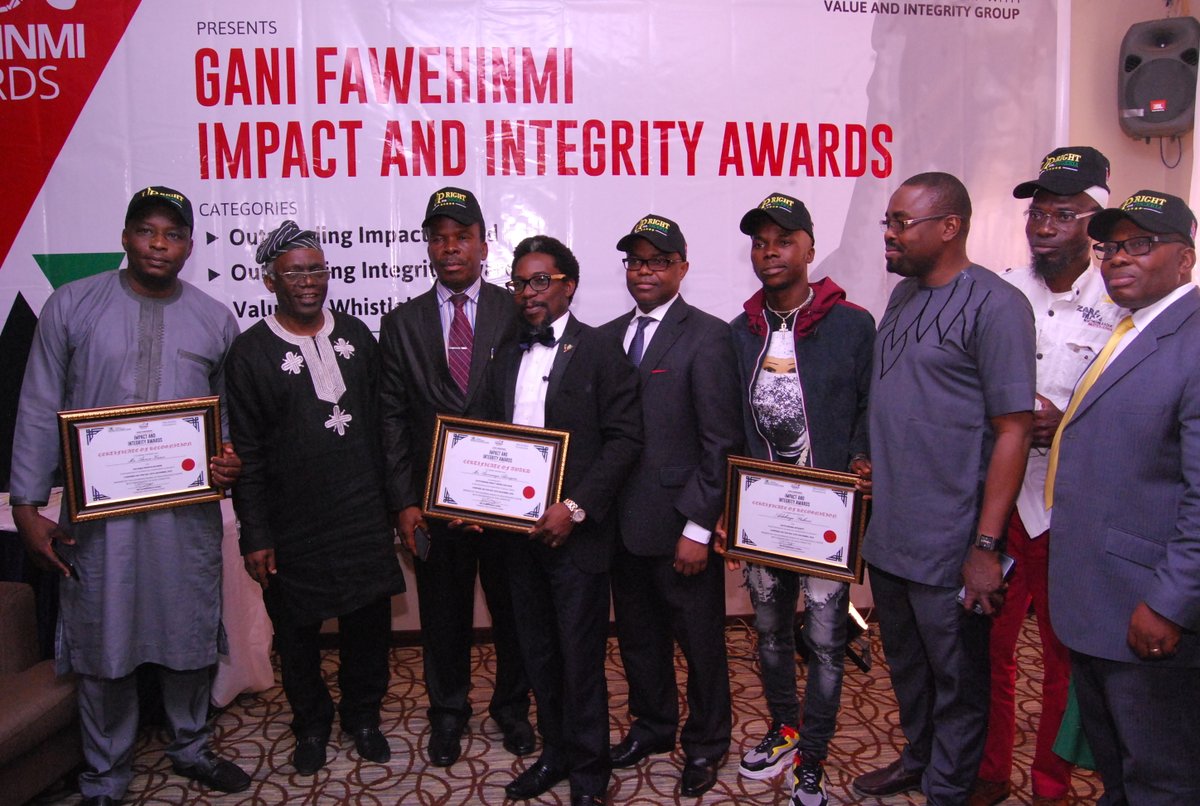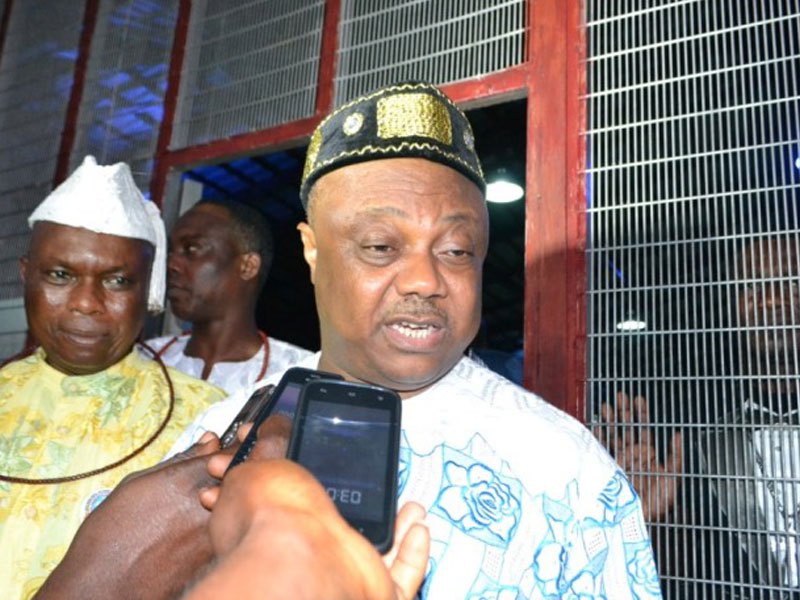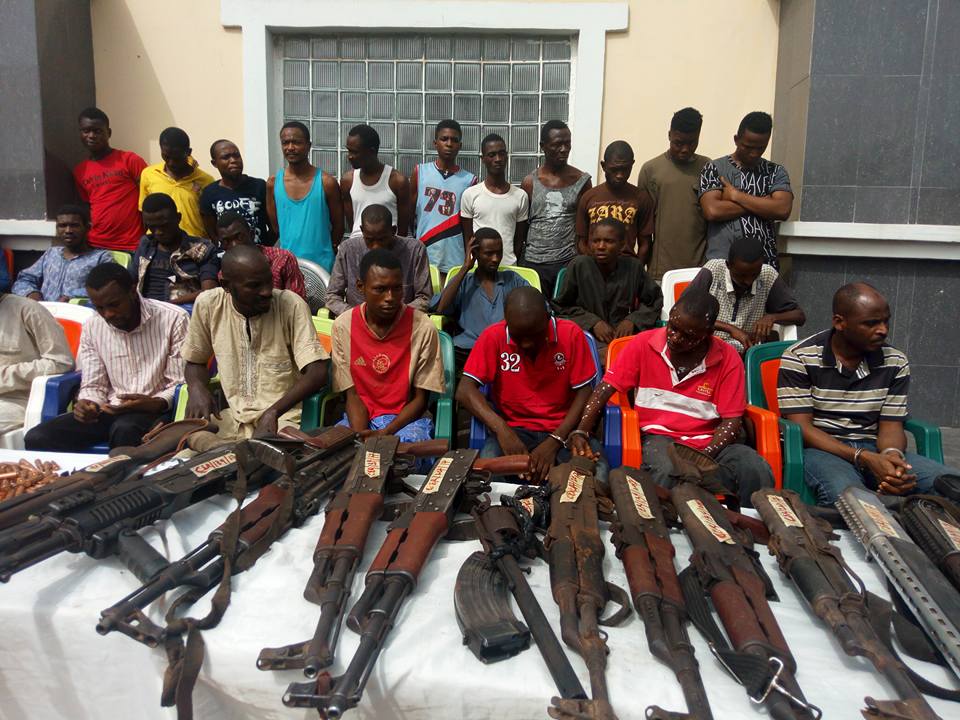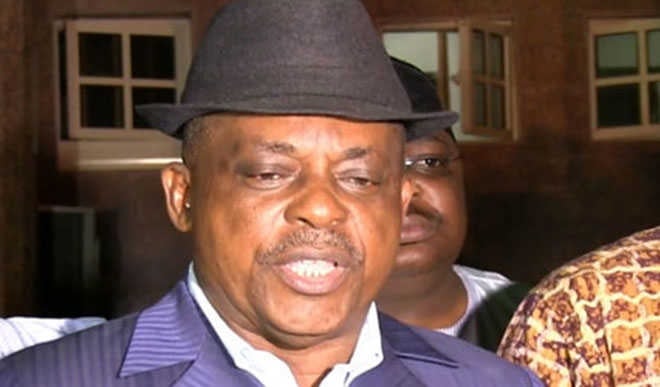Funke Egbemode, president of the Nigerian Guild of Editors, says she agrees that it is a man’s world but women rule it.
Egbemode said this while speaking during a seminar organised by the Independent National Electoral Commission (INEC) to train Nigerian journalists on media and gender sensitive reporting of elections.
She urged women in the political sphere to step up to the men, saying they are smarter compared to their male counterparts.
“If the women have to be on the front page, they have to say something that resonates. Headlines are gender insensitive,” Egbemode said.
Advertisement
“The women must begin to realise that if they are in politics, and they are asking them questions about insurgency, they must talk about insurgency with facts and figures that the editors will want to take to his/her front page. Power is not served a la carte.
“We must also educate the female politicians that they must understudy the system and come up with a strategy that works. Talk is cheap, let us not become overly emotional about women. Let us be sure that that woman can do it.
“Women need to make realistic steps so it is easy for us to be sensitive to them in the political space.
Advertisement
“You are smarter than the man. The men have done all the bad things that can be done but there are a few things that you can learn from their policies.
“It is a man’s world, but we rule it. we raised them, let us remind them that we can make other things happen.”
Also speaking, Ifeyinwa Omowole, president, National Association of Women Journalists, urged reporters to ask female politicians issues-based questions, not how they strike a balance between their jobs and housekeeping.
According to her, the male counterpart is not asked the same question, while she expressed concern that journalists undermine the ability of female politicians with the questions they ask.
Advertisement
She urged the participants to explore women issues in their immediate environment and project these problems with the aim of making impact in the lives of women.
“Where we miss it is that we believe there are certain roles ascribed to certain people. As journalists, you must have gender lens. See everything from a gender perspective. A woman’s level is the level of her children,” Omowole said.
“As writers and editors, we need to know that gender stereotype, even in our report, is endangering development in Nigeria. When you are writing about a woman and the inclusion of women in decision making processes, you are writing about development.”
Advertisement
Add a comment

